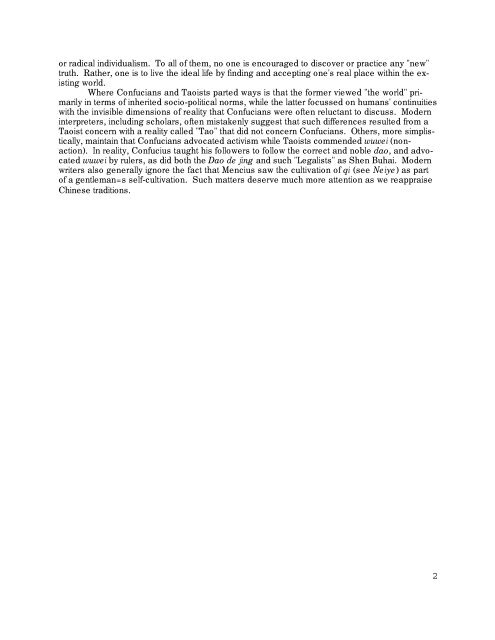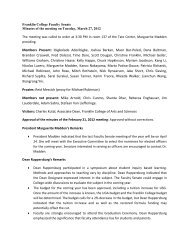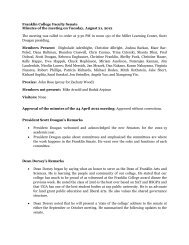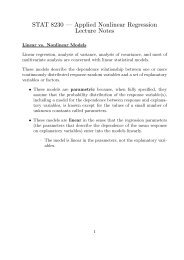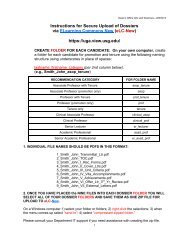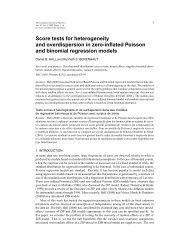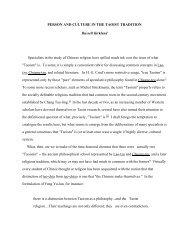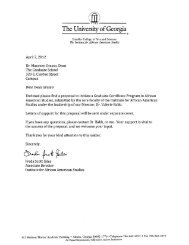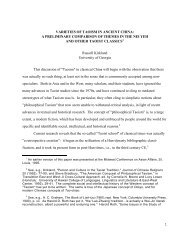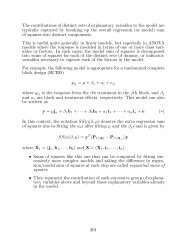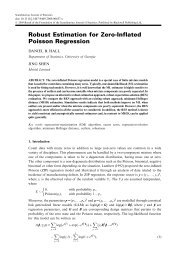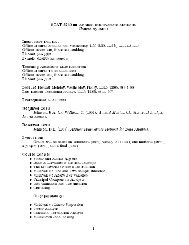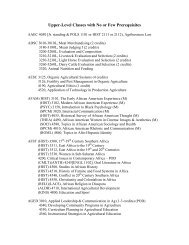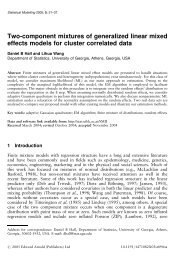TAOISM AND CONFUCIANISM (through the Han Dynasty) - Franklin ...
TAOISM AND CONFUCIANISM (through the Han Dynasty) - Franklin ...
TAOISM AND CONFUCIANISM (through the Han Dynasty) - Franklin ...
Create successful ePaper yourself
Turn your PDF publications into a flip-book with our unique Google optimized e-Paper software.
or radical individualism. To all of <strong>the</strong>m, no one is encouraged to discover or practice any "new"<br />
truth. Ra<strong>the</strong>r, one is to live <strong>the</strong> ideal life by finding and accepting one's real place within <strong>the</strong> existing<br />
world.<br />
Where Confucians and Taoists parted ways is that <strong>the</strong> former viewed "<strong>the</strong> world" primarily<br />
in terms of inherited socio-political norms, while <strong>the</strong> latter focussed on humans' continuities<br />
with <strong>the</strong> invisible dimensions of reality that Confucians were often reluctant to discuss. Modern<br />
interpreters, including scholars, often mistakenly suggest that such differences resulted from a<br />
Taoist concern with a reality called "Tao" that did not concern Confucians. O<strong>the</strong>rs, more simplistically,<br />
maintain that Confucians advocated activism while Taoists commended wuwei (nonaction).<br />
In reality, Confucius taught his followers to follow <strong>the</strong> correct and noble dao, and advocated<br />
wuwei by rulers, as did both <strong>the</strong> Dao de jing and such "Legalists" as Shen Buhai. Modern<br />
writers also generally ignore <strong>the</strong> fact that Mencius saw <strong>the</strong> cultivation of qi (see Neiye) as part<br />
of a gentleman=s self-cultivation. Such matters deserve much more attention as we reappraise<br />
Chinese traditions.<br />
2


